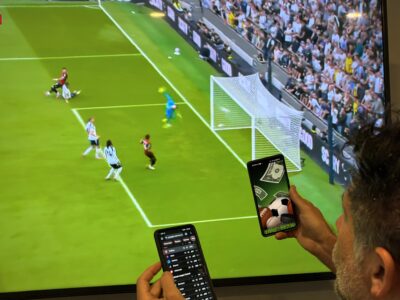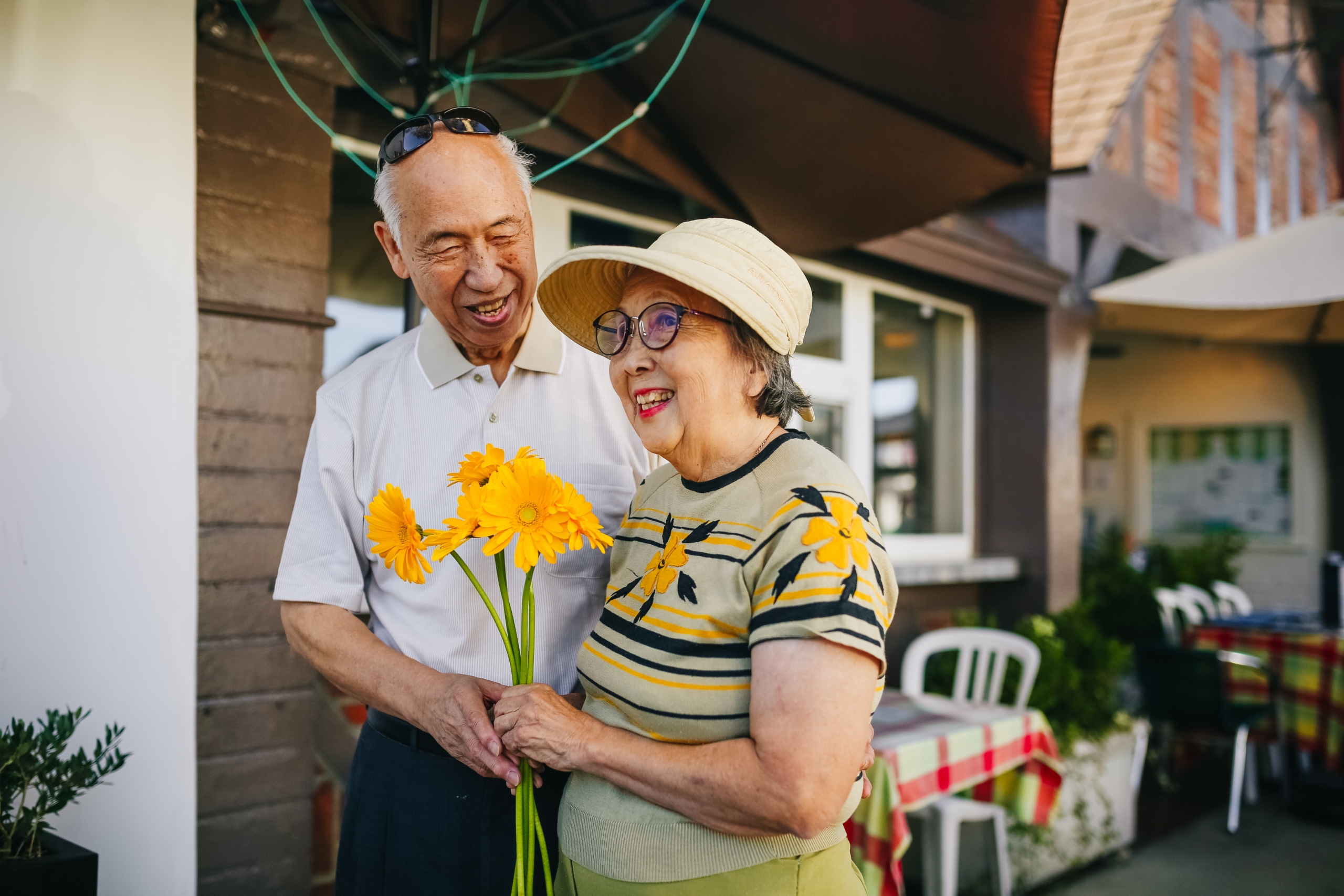The information on this article provides resources to help if you have a possible gambling addiction. If you are concerned that gambling has become a problem for you, or if you have a loved one or close friend for whom gambling is an issue, this article is a place to start the path to recovery.
These resources will help you learn about the process we use to identify if gambling has become a compulsive and harmful behavior, as well as the approaches we use to help a person recover.
We always encourage you to schedule time with a trained therapist to discuss this concern further. While resources on the Internet are helpful, they can’t replace the support a trained therapist can provide. Please reach out to us to schedule a consultation.
Tools to Help Detect Compulsive Gambling Problems
South Oaks Hospital offers a program for the treatment of compulsive gambling. They are among the first in the country to offer these services. As a result they are very skilled at helping people manage this type of addiction. Their staff developed the South Oaks Gambling Screen (SOGS) – a tool used to detect compulsive gambling problems. The tool is available in several languages, and is used by health care institutions around the world.
The SOGS has also been revised for adolescents (SOGS-RA) in the event you are concerned about a teenager who could be struggling with gambling. This gambling assessment for adolescents was authored by Randy D. Stinchfield, PhD and Ken Winters, PhD and includes scoring instructions.
Articles About Treatment for People With Gambling Addiction
Internet Gambling Stays Low Among Youth Ages 14 to 22 But Access to Gambling Sites Continues; Sports Gambling Makes Resurgence (Annenberg Public Policy Center, 11/26/08)
Results of a National Annenberg Survey of Youth.
Betting on a Cure (Mary Carmichael, Newsweek, 6/25/08)
Research on drugs that could block gambling addiction.
Consults Blog: Seeking Help for Gambling Addiction (The New York Times, 11/01/10)
Dr. Timothy Fong, co-director of the gambling studies program and an associate professor of psychiatry at the University of California, Los Angeles, responds to questions about gambling addiction including treatment options.
Hit Me Again! The Gambling Brain (Begley, Sharon, Newsweek, 05/11/10)
This article focuses on a study at the University of Cambridge which tested the brain’s reaction when playing a slot machine. The study found that not only wins activated the brain’s reward system, but so did near-misses. Since the surge in dopamine is similar with a win and a near-miss, the study suggests an explanation for how near-misses are a powerful tool used to keep people gambling.
Gambling Support Groups and Organizations
Gamblers Anonymous
Self-help organization for compulsive gamblers. Phone: 213-386-8789
Gambler’s Anonymous is a 12-step, community based support group for those with gambling addictions and they offer a comprehensive online quiz for anyone questioning whether or not their gambling habit has become problematic.
Their quiz can be accessed by following this link: http://GamblersAnonymous.org/gna.html
Gam-Anon
Self-help organization for spouses, family and close friends of compulsive gamblers. Phone: 718-352-1671
National Council on Problem Gambling
National advocacy, research, treatment, and resource clearinghouse. They have state affiliates and offer a 24-hour helpline in each state where there are affiliates as well as a national number: 800-522-4700. For Pennsylvania: 800-848-1880.
Council on Compulsive Gambling of Pennsylvania
Pennsylvania affiliate of the National Council on Problem Gambling. Aims to educate and disseminate information and help with referrals. Also provides speakers, workshops, seminars, and information to business, industry and labor groups, schools and colleges, healthcare and treatment facilities, and community and religious organizations.
UCLA Gambling Studies Program
The UCLA Gambling Studies Program (UGSP) is devoted to understanding pathological gambling, its causes, natural history, cultural factors, and the obstacles to successful treatment. The mission of the program is to translate research findings into cost-effective, evidence-based methods of prevention, education, and treatment.
Intervention
Mayo Clinic: Intervention: help a loved one overcome addiction (Mayo Clinic Staff, Aug. 27, 2009)
Yes, there is that show about Intervention on A&E, but we want you to have more information on how to conduct an intervention on your own if needed. This web resource tells you exactly how to do it, including when you can an Intervention yourself, when you need the help of a professional, and how to find a professional if needed.
Videos
NIH On the Inside: Gambling Addiction
This video aimed at teenagers from the National Institutes of Health discusses gambling addiction and why teenagers are more likely to take risks.
How to Get Help for a Gambling Addiction
Recognizing a gambling problem is a critical first step.
If you find yourself neglecting responsibilities, spending excessive time and money gambling, or if others express concern, it’s likely time to seek help.
You can start by reading more about how we help people with gambling addiction and scheduling a consultation with a therapist at JFA. Gamblers Anonymous can also offer resources and support.

Take the Next Step
We can help you find the treatment or therapy that will work for you. Contact the JFA office with any questions and to schedule a consultation. With the guidance and support of a therapist, you can start recovery now.



